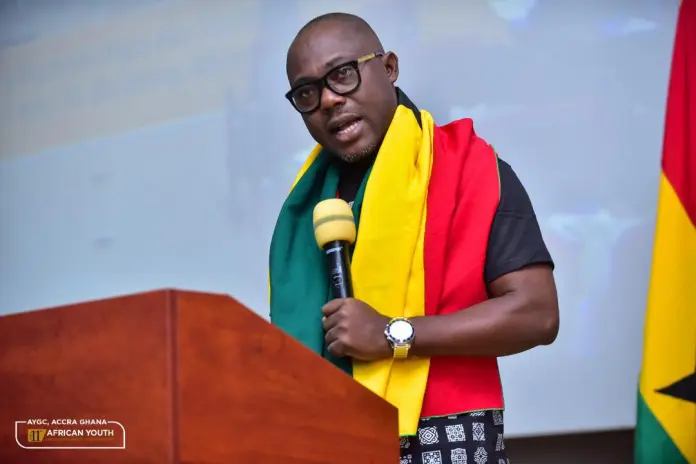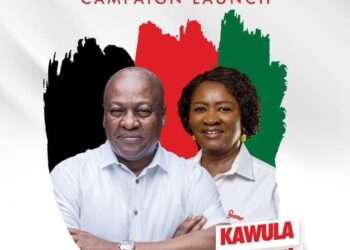Political Scientist at the Department of Political Science of the University of Ghana, Prof. Ransford Gyampo has indicated that the Presidency does not have the power to order Parliament, which is a true representation of the people, to desist from presenting the anti-LGBTQ bill to the President.
Prof. Gyampo argued that the exercise of the power of the “Executive President” is not contingent on decisions of the courts, indicating that regardless of any court injunction by whichever individual or entity on the bill, the President is permitted by law to assent to the bill.
“Parliament must assert its sovereign power… It is a gross display of infantile politics, a deliberate show of conscious ignorance, and a blatant disregard for the sovereign will of the good people of Ghana, to shift the goalpost in this matter, just to attempt to sell Ghana’s humanity and core values for 3.8 billion dollars”.
Prof. Ransford Gyampo
The Political Scientist further emphasized the views and voices of the people of Ghana concerning the anti-LGBTQ bill are decidedly clear, arguing that any single individual or regime that attempts to obstruct and stifle the general will of Ghanaians “must face consequences from those who wield the fiduciary power of the land”.
The Member of Parliament for the Ningo Prampram constituency, Hon. Samuel Nartey George, also argued that the order from the Presidency to halt the submission of the bill to the President is disgraceful.
He indicated that the President is unreliable as he, the President had broken the promise he made to Ghanaians regarding the bill in question. “Your words and promises…are mere fluff and flowery English. Once again, you prove to the Ghanaian people that you are not to be trusted” he added.
Presidency Refuses to Accept Bill
The Office of the President in a letter addressed to Parliament has indicated that the President cannot assent to the anti-LGBTQ bill due to the current injunction suits filed against the bill by two individuals, Amanda Odoi and Richard Sky at the Supreme Court.
The letter indicated that should Parliament send the amended bill to the President, it will be perceived as forcing the President to assent to the bill, arguing that the President will assent to the bill after the Supreme Court has decided on the bill.
“The Attorney-General has, by letter dated 18th March 2024, informed the President that he has been duly served with both applications and has advised the President not to take any step in relation to the Bill until the matters raised by the suits are determined by the Supreme Court. It is the understanding of this Office that both applications have also been duly served on Parliament”.
Office of The President
The letter addressed to Parliament also argued that the laws of Ghana indicate that during the pendency of an interlocutory injunction application, the status quo ante ought to be well-kept, emphasizing that no action must be taken that would result in prejudice against the injunctive relief sought by the plaintiffs and undermine the authority of the court.
The President before this incident had made known his intention to halt the signing of the anti-LGBTQ bill until the Supreme Court pronounces its verdict on it during a diplomatic discourse he had with the diplomatic communities.
His action, he argued was to assure the diplomatic community of Ghana’s commitment to Human Rights protection and the Rule of Law.
Conclusively, the President’s order to Parliament not to present his office with the bill is perhaps his assertion of his Executive power not to assent to the bill. Needless to say, the President’s resolve to stay his hand until the Supreme Court rules on the bill could potentially affect his party, the NPP’s electoral fortunes in the December General Elections as the majority of Ghanaians want the bill passed as early as possible.
READ ALSO: Election Expenditure; Fiscal Discipline Challenges





















